Why Trump tariffs will give Aussie homeowners a surprise boost
Australians are expected to get paid out $5000 as an unexpected domino effect of Trump’s US tariffs. Here’s why.
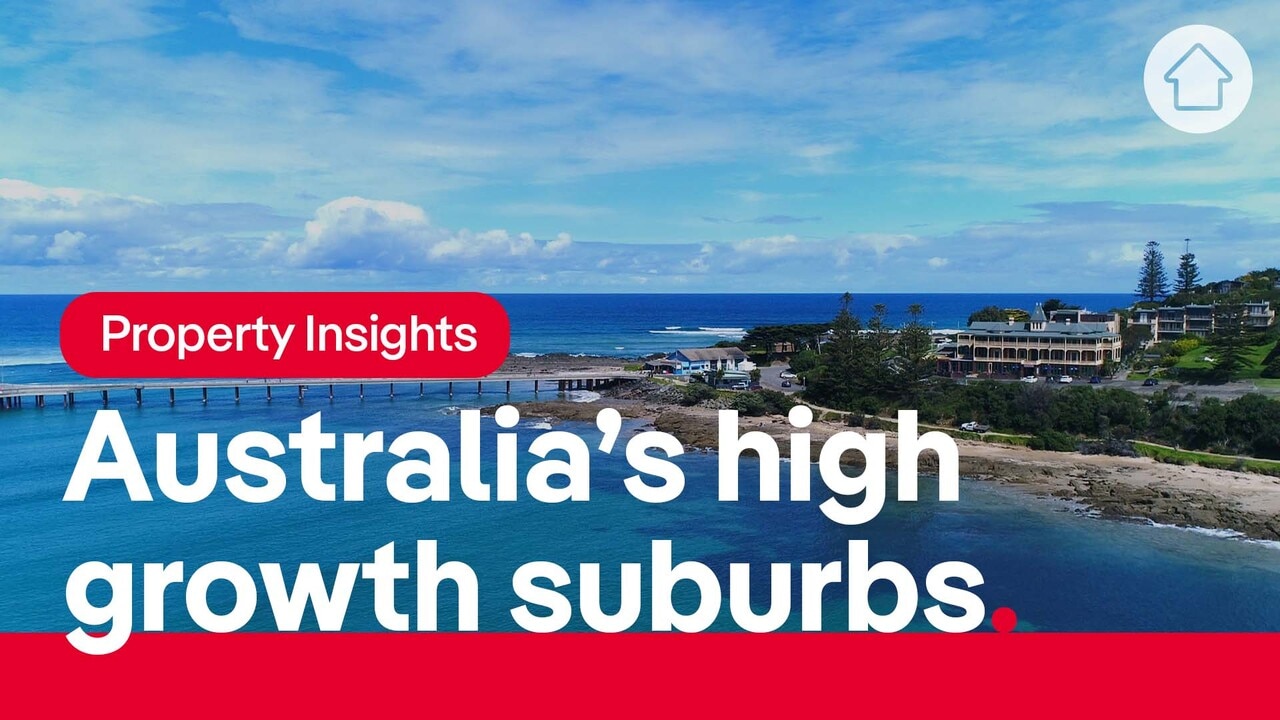
Aussie homeowners could get a boost from the global economic chaos resulting from Trump tariffs even if the wider local economy begins to weaken.
Economists have revealed homeowners would benefit in two ways if the global economy was to slowdown.
The first is that their mortgage repayments would likely drop as the Reserve Bank cut interest rates to stimulate the local economy, with the big four banks each expecting four cash rate cuts this year.
It’s a sentiment shared by Treasurer Jim Chalmers, who said this week that the falling value of the Aussie dollar hinted at four rate cuts this year.
“The next Reserve Bank interest rate cut in May might be as big as 50 basis points,” he said.
Four cuts would put about $5000 a year back into the pockets of Aussie homeowners paying down the average loan – currently about $665,000 nationally.
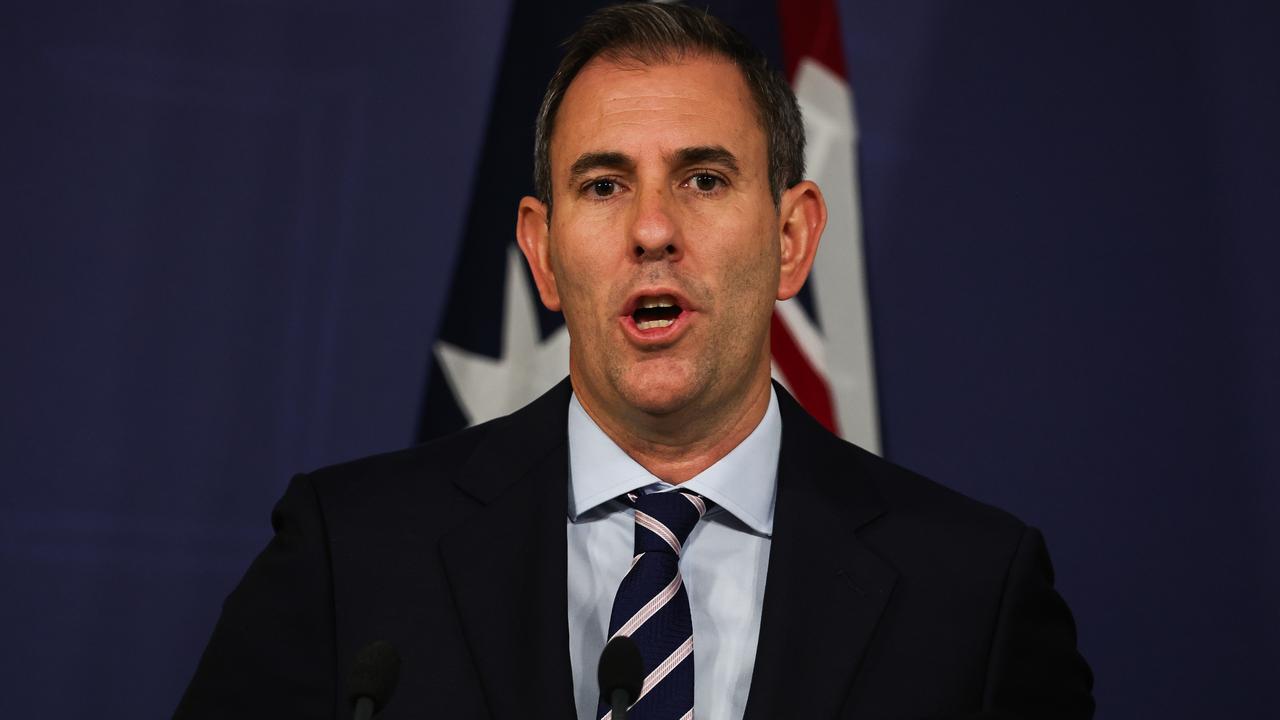
MORE: ‘Govt oppression’: man fined $50k for not mowing lawn
Those with a mortgage of about $1 million – commonplace in markets like Sydney and southeast Queensland – would get back about $7600 a year from the cuts.
These cuts would provide a second benefit for those already in the market: the stimulus would likely increase prices, making the value of their homes higher.
Part of the reason prices would increase is that the typical new buyer would have about $47,000 more to spend, according to Finder.com.au – all at a time of still elevated competition for housing.
HOME PRICE RISES DURING RECESSIONS
My Housing Market economist Andrew Wilson said Australia had a long history of home price rises during times of economic shock.
“Australian housing markets are very sensitive to rate changes, especially rate cuts,” he said.
“Historically prices go up following interest rate cuts, even during times of great uncertainty, because issues of sentiment can (wane) when the realities of improved affordability hit.
MORE: Where prices are up $200k since the February rate cut
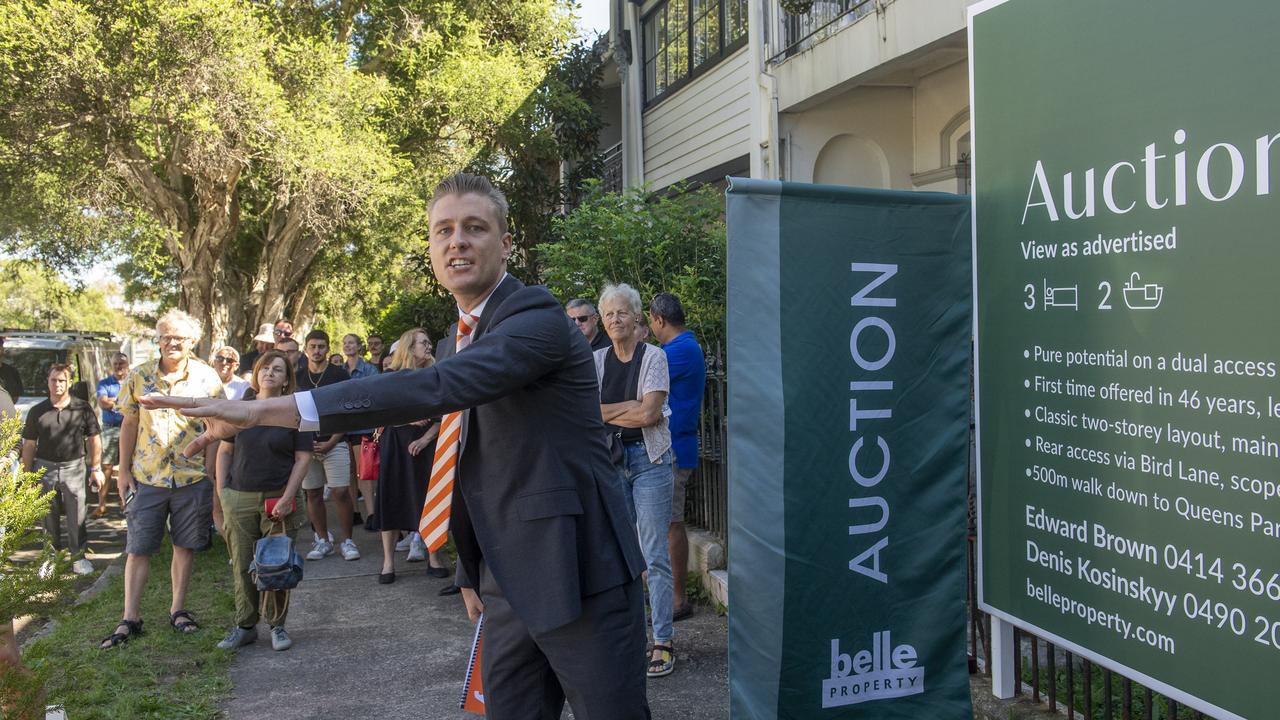
“Even in times of economic hardship, the stimulus of lower interest rates can push up prices and we saw that during the global financial crisis and during Covid.”
Ray White economist Nerida Conisbee said Trump’s tariffs had raised the prospect of more interest rate cuts in addition to the last cash rate cut announced by the Reserve Bank in February.
“Economic upheaval has dramatically altered interest rate expectations,” Ms Conisbee said.
“As of 8 April, markets anticipate an almost certain 0.5 per cent cut at the next RBA meeting on 20 May.
“Such reductions would benefit mortgage holders significantly and will almost certainly direct more money into the housing market, supporting both housing supply and price growth.”
WHY PRICES WILL CONTINUE TO RISE
LJ Hooker research analyst Mathew Tiller said the outlook for the housing market would be better than the economy at large if rates were cut as frequently as the big banks expected.
“We’ve already seen the impact of one rate cut earlier this year, with buyer confidence lifting (and) prices edging higher,” Mr Tiller said.
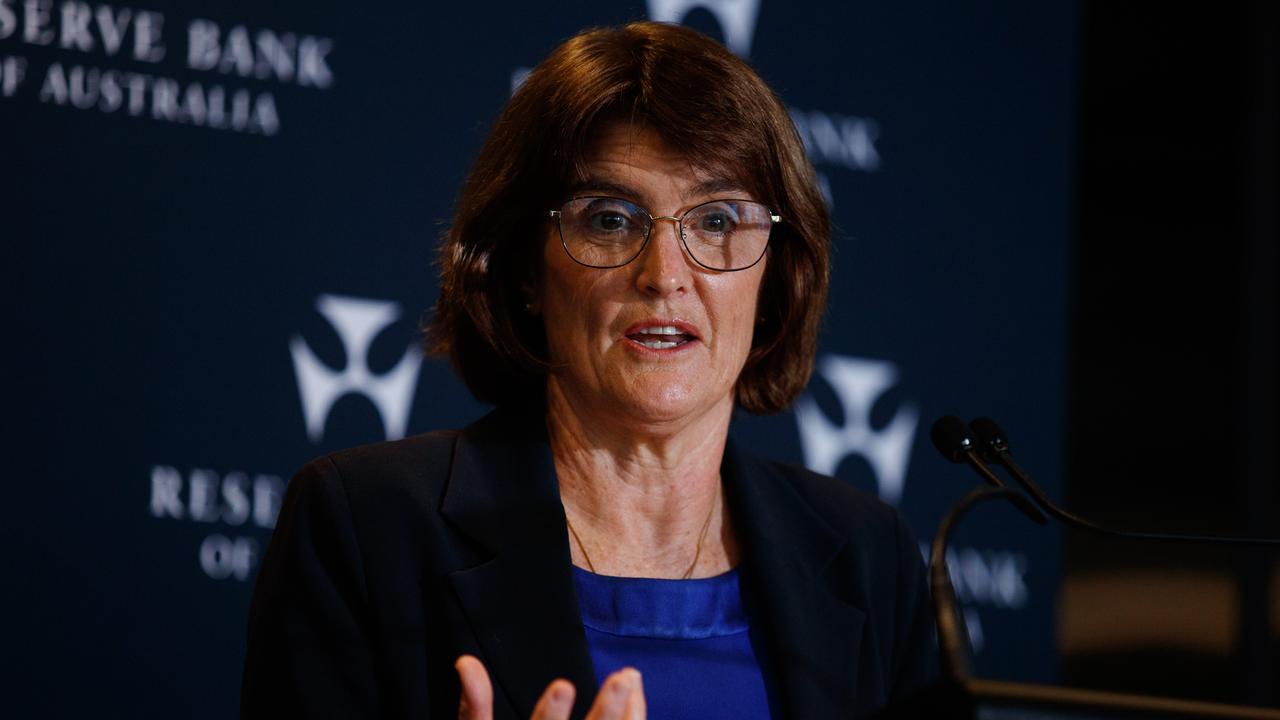
“If the big four banks’ forecasts of four rate cuts this calendar year come to pass, cheaper finance would provide a strong tailwind for the housing market.”
Interest rate cuts would bolster the housing market by “boosting borrowing capacity, freeing up household budgets, increasing competition and placing upward pressure on prices, particularly in areas where supply, both newly built and existing homes, remains tight,” Mr Tiller said.
He noted that this positive impact could be muted if the economic consequences of a global slowdown devastate the Australian economy.
“While lower interest rates will support market activity, the overall strength of the housing market will ultimately depend on the broader health of the economy,” he said.
“If these (rate) cuts are delivered in response to a slowing economy and rising unemployment, that economic weakness may dampen the full impact. Household caution and job insecurity could weigh on demand.”

REA Group economist Anne Flaherty said the supply and demand dynamic in most Aussie housing markets would support continued home price growth even if unemployment rose slightly.
“The worsening undersupply of housing in many markets combined with high demand is expected to drive up competition and push prices higher,” Ms Flaherty said.
She added that economic uncertainty often drove more investors into the housing market.
“With growing uncertainty and higher volatility in the stock market, we may see more people turn to property as a more secure investment in the current market,” Ms Flaherty said.
TRUMP, TARIFFS AND AUSSIE HOUSING
Ms Conisbee added that the impact of global economic uncertainty and spectre of a worldwide recession were hard to forecast.
“The broader economic outlook remains exceptionally complex. While interest rate cuts typically strengthen property markets, the impending US recession threatens to constrain global economic growth, potentially increasing unemployment in Australia.
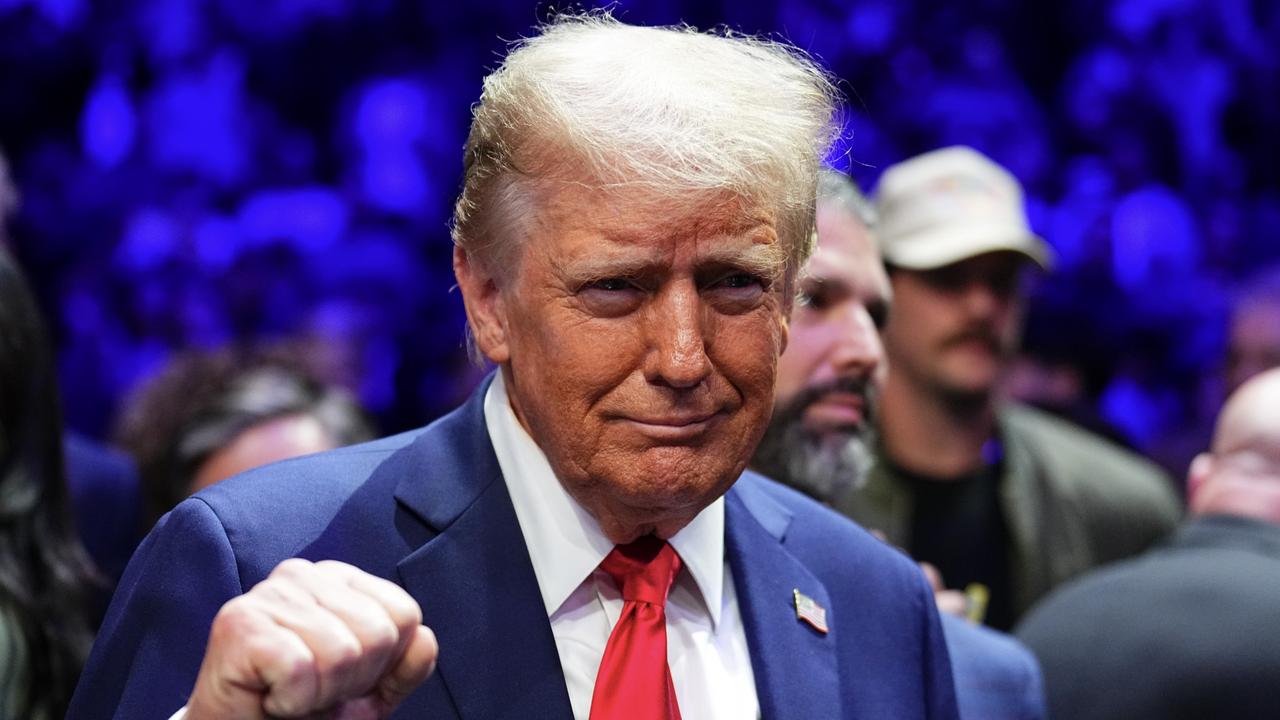
“The impact of tariffs introduces additional complexity — although Australia isn’t implementing reciprocal tariffs, the global trade conflict could drive price increases across numerous products.
“This creates a challenging scenario where the RBA might eventually find itself unable to reduce rates despite a slowing economy if inflation remains elevated.
“Interest rates are set to be cut but the inflation outlook may reduce their ability to cut a lot.”
Finder.com.au home loans expert Richard Whitten said the impact of rate cuts on the housing market needed to be gauged with the reason rates would fall in the first place.
“Let’s be clear, the reason we think the RBA will cut rates is because of the economic damage caused by the tariffs. So it’s not a cause for celebration even if lower rates are a big relief for borrowers. Economic slowdown hurts everyone,” Mr Whitten said.
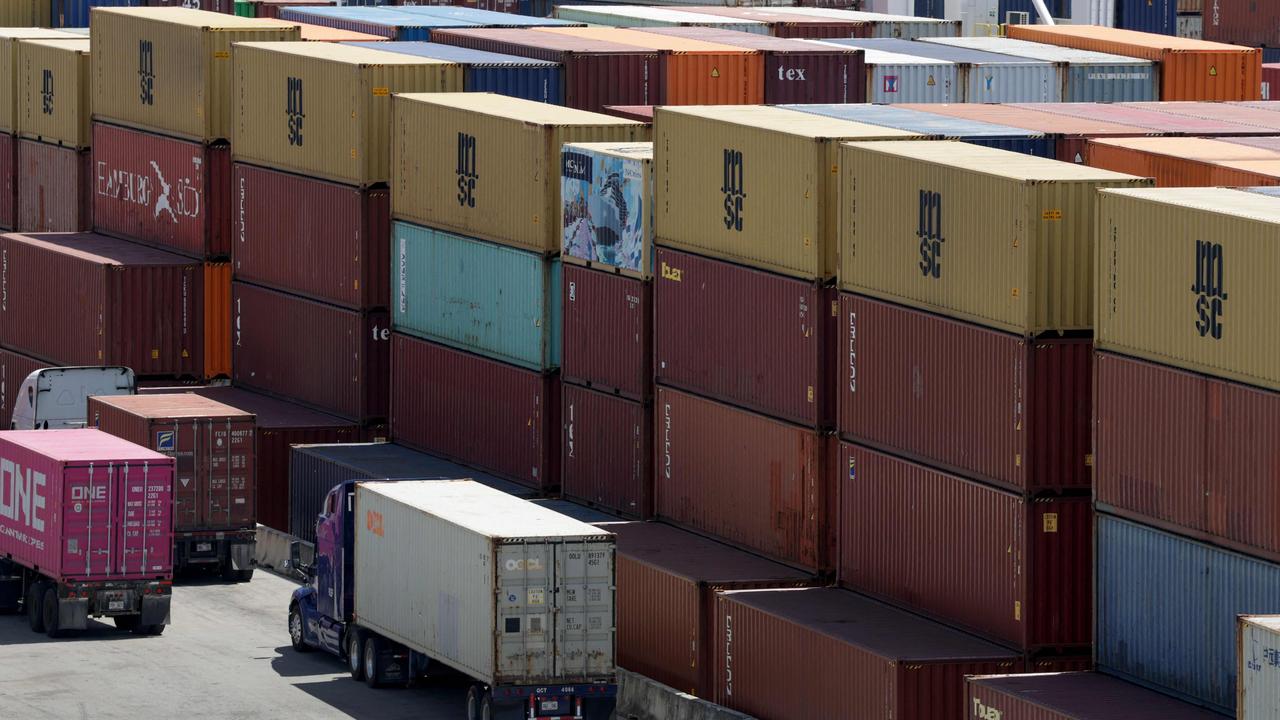
“But further interest rate cuts this year will put hundreds of dollars a month back into borrowers’ pockets. That could have some impact on spending and inflation, and it could push property prices up because buyers can stretch their budgets further.
“It reminds me of the early pandemic period when rates plummeted and property prices surged. Some people did really well out of that time, others absolutely struggled.
“We can also expect more rate cuts to drive a flurry of refinancing activity. Lenders will compete for business and borrowers will start comparing and switching in bigger numbers.”
Originally published as Why Trump tariffs will give Aussie homeowners a surprise boost




